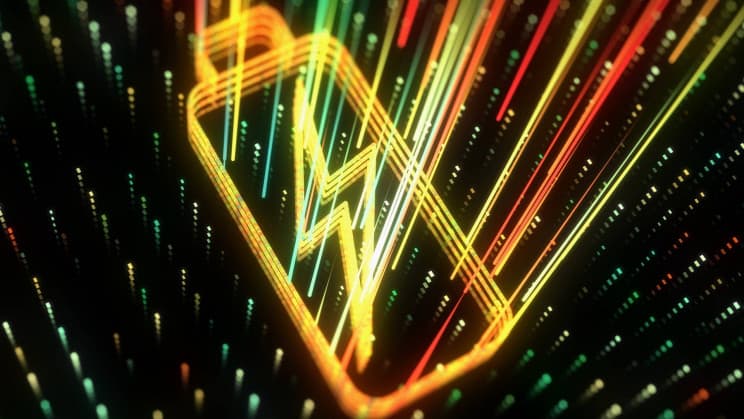Electric vehicles are infinitely better for the environment than gas-powered ones but they have yet to be widely adopted. One of the issues holding back this shift is the fact that electric vehicles take a long time to charge.
Increasing charging speeds
That soon could change. A team of researchers affiliated with multiple institutions in China has successfully managed to increase the speed of charging a lithium-ion battery to a rate of 5.6 minutes for a 60% charge, according to a report by TechXplore published on Thursday. They achieved this impressive feat by adding a copper coating and nanowires to the battery’s anode in order to effectively improve ordering.
Today, most anodes consist of graphite and are constructed in a non-ordered slurry which is not a practical method for passing along the current. In addition, the way the materials in anodes line up creates an issue related to the gap size between them.
To overcome these problems in speeding up charging, the researchers focused specifically on the anode. Here is what they did:
Making changes to a standard graphite anode
“They first ran particle-level theoretical models to optimize the spatial distributions of different sized particles and electrode porosity. They then took what they learned from the models to make changes to a standard graphite anode. They coated it with copper and then added copper nanowires to the slurry. They then heated and then cooled the anode, which compressed the slurry into a more ordered material,” stated TechXplore.
Once they had upgraded their anode, the researchers affixed it to a standard lithium-ion battery in order to measure the amount of time it took to charge. They were impressed to find that they could charge the battery to 60% in just 5.6 minutes and to 80% in just 11.4 minutes. (The researchers avoided testing how long it would take to charge to 100% because doing so can cause damage to such batteries.)
The researchers did not specify how much such a battery would cost and when it might be ready for production. Still, the development is an exciting one for electric vehicles everywhere.
The study was published in the journal Science Advances.
Abstract:
Extremely fast-charging lithium-ion batteries are highly desirable to shorten the recharging time for electric vehicles, but it is hampered by the poor rate capability of graphite anodes. Here, we present a previously unreported particle size and electrode porosity dual-gradient structure design in the graphite anode for achieving extremely fast-charging lithium ion battery under strict electrode conditions. We develop a polymer binder–free slurry route to construct this previously unreported type particle size-porosity dual-gradient structure in the practical graphite anode showing the extremely fast-charging capability with 60% of recharge in 10 min. On the basis of dual-gradient graphite anode, we demonstrate extremely fast-charging lithium ion battery realizing 60% recharge in 6 min and high volumetric energy density of 701 Wh liter−1 at the high charging rate of 6 C.

